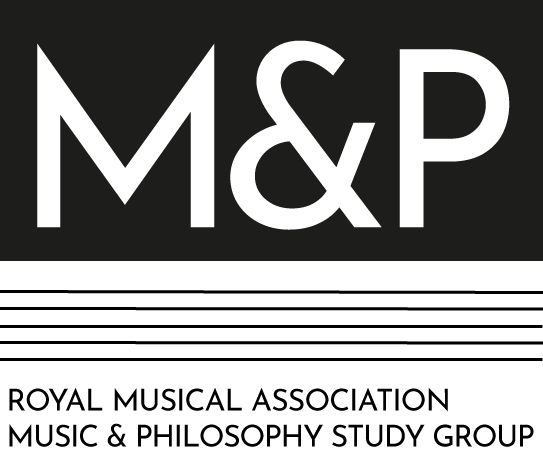Session convenor: Stan Erraught (Buckinghamshire New University)
Papers
Christoph Wald (Technische Universität Dresden), “Once More: Schubert’s Landscapes”
Christine Dysers (City University of London), “Repetition as Difference: Bernhard Lang’s Differenz/ Wiederholung 2”
Ken Smith (Liverpool University) and Stephen Overy (Newcastle University), “Would You be the Ebb of this Great Flow? – a New Conception of Nietzsche’s Eternal Return and its Musical Possibilities”
Ceciel Meiborg (New School), “Chromatic Displacements”
Repetition has been a recurring trope in the history of music; indeed, it seems to be a necessary feature of (almost) all music. Yet as McClary (2004) has noted, in the latter part of the twentieth century, the use of repetition increased dramatically in Western musics, and the nature of many musical repetitions became more extreme. More precisely, whereas many previous musics from the eighteenth century onwards had wedded repetition with the development of musical material, repetition in much music from the later twentieth century became more purely cyclic, involving extensive repetition of often extremely short musical units, without significant variation or development. Further, repetition appears as a feature not simply within works, but also across works; to give an extreme example, the ‘amen break’, a 7- second sample from an obscure soul B-side, effectively gave birth to a whole school of genres and subgenres within and beyond Drum and Bass. Likewise, repetition has also been a recurring topic in the history of philosophy, in various and often competing formulations, and came to increasing prominence in the later twentieth century, in the work of philosophers as diverse as Adorno, Scruton, Derrida, and Deleuze.
Indicative Bibliography
The below brief bibliography comprises a selection of works that may be of particular relevance to those with an interest in attending this panel, or to those seeking to orient themselves therein, but is not intended as exhaustive, prescriptive, or required for audience members.
Adorno, Theodor W. – “On Popular Music” in Leppert, (ed.) Essays on Music, Berkeley: University of California Press 2002, pp. 437-469.
—— The Philosophy of Modern Music, Mitchell and Blomster, trans. London: Sheed and Ward, 1973/1987 (Particularly pp. 174-189 on Stravinsky)
Berger, Karol. Bach’s Cycle, Mozart’s Arrow.
Deleuze, Gilles – Difference and Repetition, Patton trans. New York: Columbia University Press, 1995.
Kivy, Peter – “The Fine Art of Repetition” in The Fine Art of Repetition: Essays in the Philosophy of Music. Cambridge: Cambridge University Press 1993
McClary, Susan – “Rap, Minimalism and the Structure of Time in Late Twentieth Century Culture” in Audio Culture: Readings in Modern Music (Cox and Warner, eds.) London: Bloomsbury 2004/13, pp 289-303.
Middleton, Richard – “’Play it Again, Sam’: Some Notes on the Productivity of Repetition in Popular Music”, Popular Music, Vol 3, Producers and Markets (1983), Cambridge: CUP pp. 235-270.
